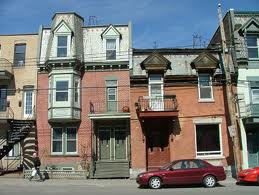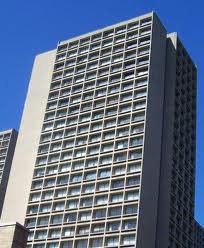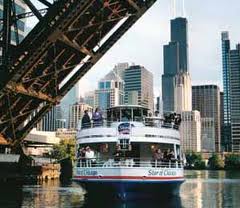The architecture of California was highly advanced because of the social and political revolutions coupled with the rise of technological and engineering developments. The characteristics of this modern culture were among others; machine drawn creative designs, an expressed structure adoption, the elimination of unnecessary details, emphasis on functional aspects in which horizontal and vertical lines were being accentuated. Different styles adapted in Mississippi included the Beaux arts style which is still being used in designing public buildings like museums and the colonial revival style popularly used for houses and government buildings (Rifkind 250).

Architectural modernism in California, as written by Hines, had an effect to liven up and urbanize the surrounding environment. The inhabitants of California saw the need to change the building designs both at work and home to meet their religious and economic needs. This as well served as an opportunity for confronting and enjoying life. On the other hand modern architecture has offered much delight by emphasizing light-shadow patterns and having a variety of shapes for every new building. Structural foundation and support beams are also popular. These buildings are able to withstand earthquakes of some higher magnitudes and in the process, people feel relatively safe unlike in the past (Baker 94).

The culture of Modernism that swept the United States in the 20th century saw the construction of a skyscraper after another one. This enabled industries to accommodate their staff under one roof. This led to the maximization of productivity since all the processes and transactions would be handled within a centralized place. This also made the country’s economy expand and grow because many kinds of businesses operate in a single building as well as employ many people. The possibility of altering the appearance, partitioning, minimizing maintenance, and making extensions are some of the other advantages.
Since the 20th century, architecture in the USA has led to the development of modern homes which has attracted investment in real estate by international and local investors who come from different parts of the country. This has also enabled people to acquire modest, affordable homes which are safe and secure. The main security feature is the inclusion of the basement (Baker 94).
About structural construction, there is a desire to adopt the most rational form possible. The engineering aspect of construction has made creative use of materials and rapidly evolving techniques. The United States adopted organic architecture which was primarily developed as a response to rationalism. This has fostered an ornamental use of creative style (Baker 94).

This has enabled cities to function more efficiently and meet the needs of the masses. Art has proved capable of improving and progressing aesthetics. The buildings’ feel and touch have a view that looks like a painting that strikes off imagination and sensuality. Architects are now able to formulate new ideas for housing, block apartments, and individual family homes (Rifkind 250).
In all these cases of architecture, space is limited hence buildings have to extend upwards rather than sideways. The designs are bold, simple, and serve practical purposes. Architecture in California affected the modernism of the United States in the 20th century because the basic principles behind most buildings were to maximize space while offering an opportunity for multipurpose utilization and expansion.
Works Cited
Baker, John Milnes. American House Styles. New York: W.W. Norton, 2002. Pp 94.
Rifkind, Carole. A Field Guide to Contemporary American Architecture. New York: Dutton, 1998. Pp. 250.